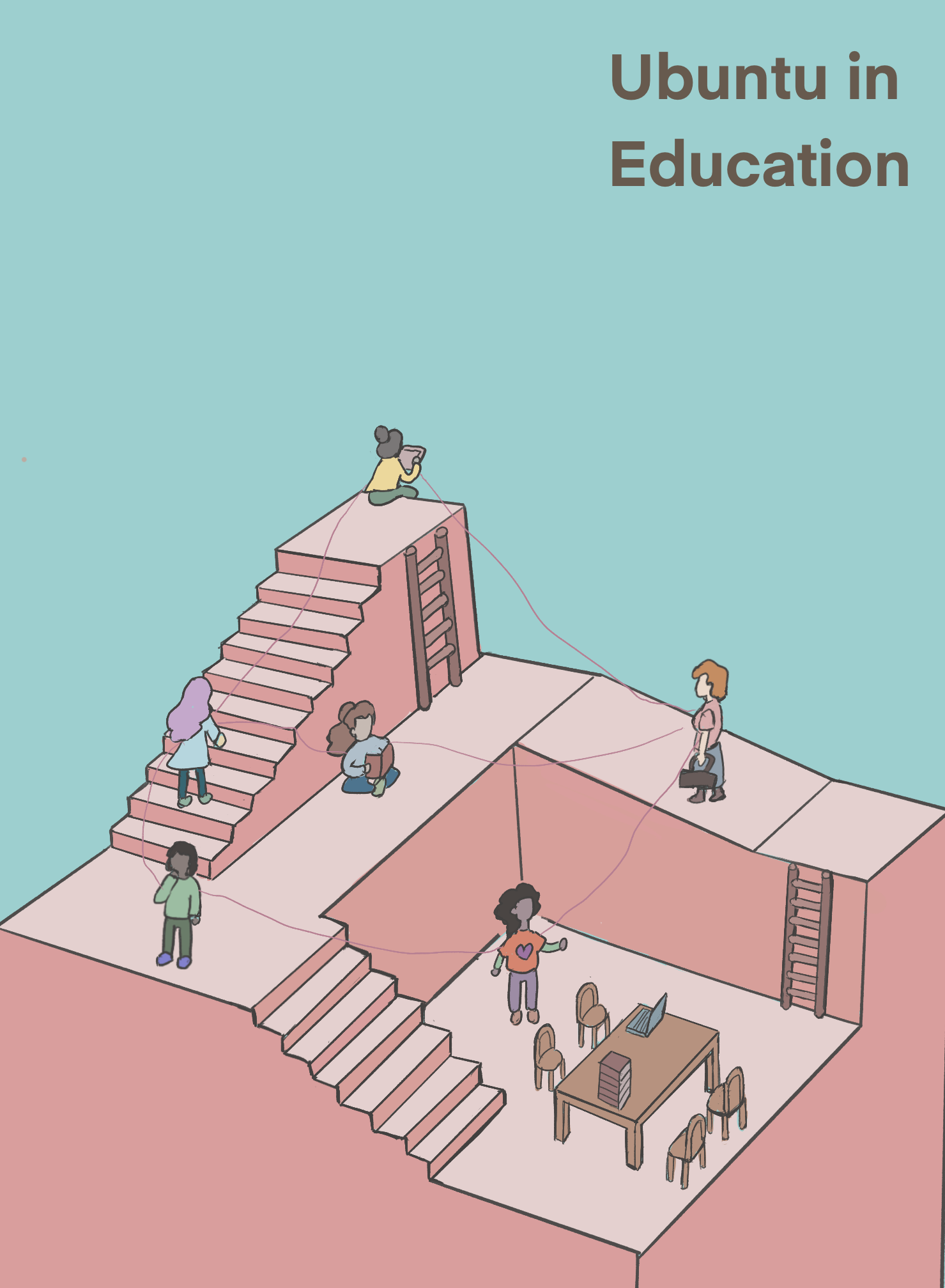
This festive period, Three Wise Women from the Faculty of Medicine will be giving us the gift of wisdom.
Ubuntu (ooh-bun-too) is a concept, a philosophy, a way of living in Africa. It highlights the interconnectedness of all individuals and encourages people to recognise their shared humanity. Here, Dr Sungano Chigogora, Senior Teaching Fellow in Epidemiology in the School of Public Health, explores the spirit of Ubuntu and why it should be at the heart of teaching and learning.
In Central and Southern Africa, Bantu means ‘people’ or ‘humanity’ to hundreds of millions of individuals whose languages have common ethnolinguistic roots. To them, Ubuntu is a core characteristic of humanity that extends beyond the individual, and recognises not only their humanity, but how they belong to a deep community in which they can participate, share, and grow. As observed by the late Archbishop Desmond Tutu, “Ubuntu is very difficult to render into a Western language. It speaks to the very essence of being human. … to give high praise to someone we say … ‘he or she has Ubuntu’. This means that they are generous, hospitable, friendly, caring, and compassionate” (Tutu, 1999).